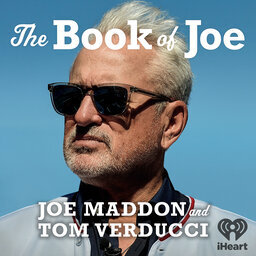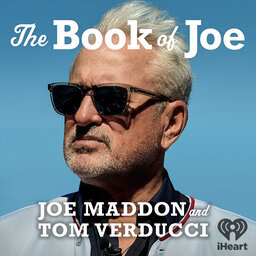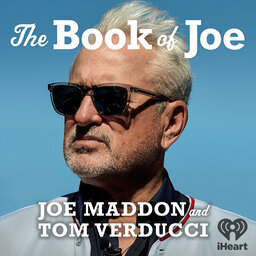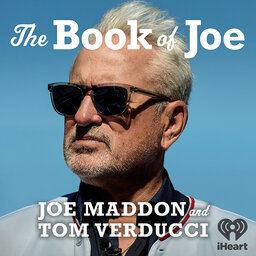In this episode of 'The Book of Joe Podcast', Joe Maddon and Tom Verducci note a third of the season is gone and it's time to shift into gear! Craig Counsell gets booed in his return to Milwaukee and the Dodgers have lost 5 straight. Joe gives his thoughts on beleaguered umpire Angel Hernandez retiring from the game. Who are the best and worst umps behind the plate? Plus, Joe notes the passing of Bill Walton and his unique personality through the years.
The Book of Joe Podcast is a production of iHeart Radio.
#fsr
In 2 playlist(s)
The Book of Joe with Joe Maddon and Tom Verducci
Borrowing the podcast title from their forthcoming book, three-time Manager of the Year Joe Maddon a…Social links
Follow podcast
Recent clips

The Book of Joe: Super Bowl work, Bellinger and Ramirez Deals, and Electric Cars!
51:08

The Book of Joe: Cubs Convention, High Value Deals, HOF, and Indiana wins!
49:06

The Book of Joe: Ken Lazarus, CEO of Infinite Sky AI
51:45
 The Book of Joe with Joe Maddon and Tom Verducci
The Book of Joe with Joe Maddon and Tom Verducci
